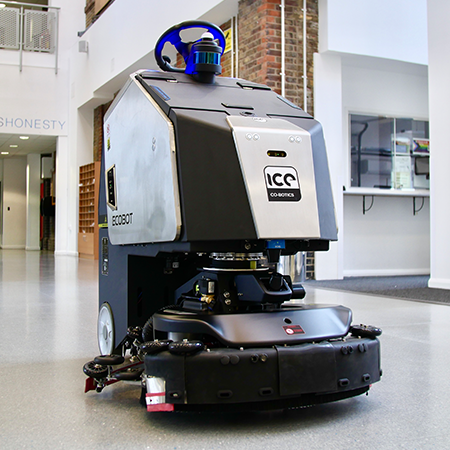The pressure on the NHS is now at unsustainable levels and patient safety and care are being put at risk by staff shortages, according to a new poll of NHS leaders by the NHS Confederation.
NHS leaders in England warn that we have reached a tipping point, with nearly nine in 10 (88%) saying the demands on their organisation are unsustainable. Almost the same number (87%) also say that a lack of staffing in the NHS as a whole is putting patient safety and care at risk.
The greatest areas of concern for NHS leaders are primary care and urgent and emergency care. This comes at a time of record levels of demand on A&E departments, increasing bed occupancy rates, more patients stuck in hospital due to a lack of domiciliary or care home places available for them, and large increases in ambulance handover delays. This is on top of mounting pressure on GPs and other parts of primary care, as well as mental health and community services.
When asked what one measure would help reduce pressure on the NHS as we head into winter, the most endorsed recommendation from NHS leaders is for the Government to provide extra support for social care. They recommend this be targeted at ensuring effective discharge arrangements are in place so that people can live more independently in care homes or in their own homes. This comes as reports that one in five beds in some hospitals are currently being occupied by patients who are medically fit to be discharged, but for whom there is no care package available so that they can leave hospital. Community services are also under enormous pressure supporting people at home and in care homes that lack the social care staff needed.
NHS leaders also want to see much clearer government messaging to the public on how difficult this winter is going to be.
Commenting on the findings, Matthew Taylor, Chief Executive of the NHS Confederation says: “NHS leaders are clear that we have reached a tipping point. Frontline providers across all parts of the NHS are under intolerable pressure and we know this is going to get worse over the winter unless we take action now.
“The government must take every step possible to prevent the NHS from plunging into crisis. The number one measure that Ministers could take now is to provide extra funding and support to social care services. This includes making more money available to increase the wages of care assistants to help fill staffing vacancies and to increase their fuel duty allowance so that more care staff are persuaded back into the sector.
“We welcomed the government’s recent extra investment in the NHS, but we cannot immediately buy our way out of this potential crisis due to the 90,000 plus vacancies we are carrying in the NHS. That means it would be better to allocate more immediate funding from the recent funding settlement to social care services as boosting the numbers of care staff will have much greater impact on reducing pressures on hospitals and other parts of the NHS.”
An ambulance leader says: “Our ability to respond to immediate life-threatening calls means some patients will die.”
A hospital Trust chief executive in the South says: “Systems are at breaking point and risk is unacceptably high (for) some cohorts of patients be that in emergency, primary care, cancer or elective care (or elsewhere) but where is the honesty and openness about this?”
Another hospital director in the South adds: “Needing to prioritise inpatient care at the expense of elective care is impacting on patient experience and safety.”
The Patients Association has endorsed this view and has written to the Health Secretary to ask him to act now to protect the NHS. In her letter to Sajid Javid, Chief Executive Rachel Power says: “The NHS is running red hot and a crisis is upon us. You cannot stand by while people are dying because they cannot get a hospital bed or ambulance crews are unable to reach them.”
The Patients Association wants to see an immediate investment in social care, military back-up for ambulance services and the introduction of plan B.
She adds: “The number of major A&E departments meeting the four-hour wait target is at a record low - 61.9% against the 95% target. There are 5.8 million people on waiting lists for planned care - behind this number are patients waiting in pain and worried when they might get treatment. Frontline hospital staff and paramedics are working flat out and under unrelenting stress and pressure.
“This situation cannot be allowed to continue as it is. We believe the Health Secretary must act now. Taken together, our suggestions will support the NHS, reduce the current serious risk of harm to patients, and help relieve pressure on staff.”
Extra funding for social care will ensure hospitals can safely discharge medically fit patients into the community, freeing capacity in the NHS.
In conclusion, Rachel Power says: “We agree with NHS Confederation’s assessment that the NHS “is now under unsustainable pressure and at tipping point”. The Health Secretary needs to act now to prevent the NHS tipping over and all of us enduring a catastrophic winter.”











